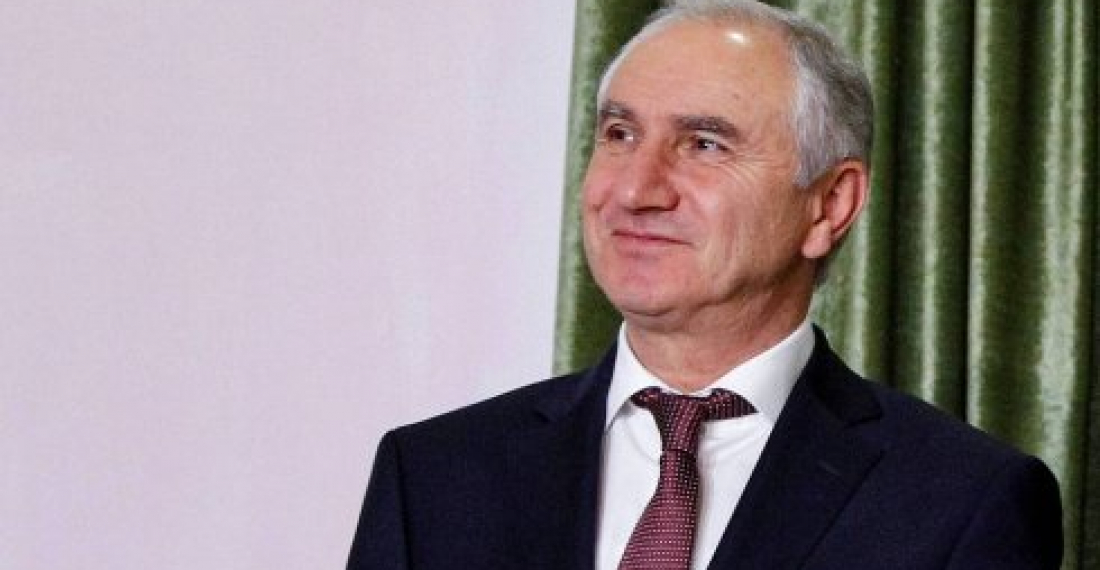in Abkhazia, after a weekend of political turmoil, and behind the sceners Russian manoevering, the president and vice president of the self-declared republic finally agreed to resign. Elections for a new president have been set for 22 March.
"While fulfilling the presidential duties, Prime Minister Valery Bganba will continue organizing the government, the entire system of executive power bodies in a bid to serve the rights and interests of the population," a spokesperson said, indicating that Bganba will also continue to serve as prime minister.
On January 9, protesters stormed the Presidential Administration building in Sukhum, demanding that president Raul Khajimba steps down. During an emergency meeting, the parliament also joined the call.
Om Friday, the Supreme Court of Abkhazia cancelled the results of last year's presidential elections. On Sunday, the Electoral Committee announced a re-run vote for March 22.
related cointent: Commentary: Russia's role in Abkhazia once more under question
source: commonspace.eu
photo: Valery Bgamba (archive picture)







